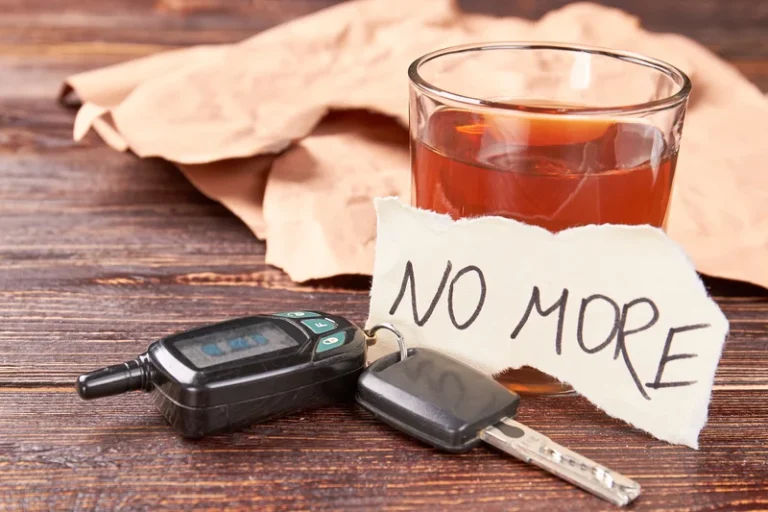
Hangovers will only worsen the longer alcohol is used since the brain’s regulation processes will make hangover side effects more pronounced over time. When the body amphetamine addiction treatment is unable to excrete alcohol, all functions will slow. At this point, with a BAC of 0.35% to 0.45%, it is vital that you receive medical attention or else you will die. If you see any of these signs, it’s important to get the person’s help right away. It is colorless, clear, and produced through the process of fermentation. But how can this small thing cause such a profound effect on our bodies?
Factors Influencing Alcohol Tolerance
Frequent drinking can lead to long-term psychological effects such as depression, anxiety, and increased risk of developing alcohol dependence. As intoxication progresses, individuals may experience nausea and dizziness. These symptoms are the body’s way of reacting to the excessive amount of alcohol in the bloodstream.
Physical Changes in Alcoholics
Understanding the science behind being drunk and the stages of intoxication can help individuals make informed decisions about alcohol consumption and promote healthier drinking habits. Because of the brain’s dependence on alcohol, it can be difficult and painful to try and get sober on your own. It is important to seek professional and medical help when deciding that it’s time to get sober. The first week is the most difficult as far as the severity of withdrawal symptoms goes. With the help of our Georgia alcohol detox centers and therapy services, we can help to provide a treatment that gets you through those first weeks easier with a goal of long-term recovery.
Health Conditions

Alcohol enhances the effects of GABA, which has inhibitory properties, leading to feelings of relaxation and sedation. Simultaneously, it inhibits glutamate, which has excitatory effects, further contributing to the depressant effects of alcohol. Alcohol abuse and binge drinking are common, and they put many people at risk of alcohol poisoning, alcohol addiction, and chronic alcohol-related health problems.
- These risks can have immediate and severe consequences, including legal issues and physical harm.
- If the symptoms of a hangover or hangxiety are severe—or if you are having shaking, tremors, a fever, changes in consciousness, or seizures—get prompt medical attention.
- Excessive drinking can lead to alcohol poisoning, a serious and potentially life-threatening condition.
When you do hit pause on drinking, it’s a good idea to pay attention to how your body reacts. „Experiencing shakiness, sweating, nausea, headaches, and irritability when not drinking“ are all withdrawal signs, suggestive of potentially dangerous overuse, Vopicelli cautions. Drinking is fun when you are out with friends, and its effects are pleasant, but remember that your liver takes time to process alcohol. The more or, the quicker you drink, the more your drinking outpaces your body’s processing abilities and the longer the alcohol will stay in your system.

Dopamine and serotonin releases give drinkers a feeling of pleasure, happiness, and confidence, making them less inhibited and social. There’s a reason why dopamine and serotonin are the body’s ‘feel-good’ hormones. Endorphins, on the other hand, calm the body down, making us euphoric and relaxed. Severe alcohol consumption can also what does it feel like to be drunk impair the immune system, increasing the risk of infections and the development of skin sores, known as abscesses. Alcohol dries the skin and weakens the body’s defense against pathogens, making it more susceptible to infections. Furthermore, alcohol impairs judgment and decision-making abilities.

No matter the kind of social gathering you are at or how much fun you are having, you should always keep the amount of alcohol you consume under control. In addition, you should know how your body reacts to alcohol and what is the upper limit that you can safely drink before the bad effects start to take over. If you have a habit of drinking every day, then try to limit yourself to one of two standard drinks per day. This self-control will allow you to feel the positive effects of alcohol and avoid its negative effects.
- It’s always important to drink responsibly, know your limits, and prioritize your safety and the safety of others.
- People who frequently drink may feel less drunk than those who do not.
- Seizures may happen or the skin might appear blue or pale as the body is unable to circulate blood.
- However, it is important to note that these initial effects can differ from person to person.
This post takes a look at the science of alcohol and how it affects our senses and emotions. You’ll learn about the different stages of drunkenness and what they feel like, as well as some tips on how to avoid getting drunk in the first place. One of the clearest signs that you’re drinking too much alcohol is that you struggle to stop, indicating a lack of control over your actions. Drinking too much can be dangerous in the sense that it can wreak havoc on your essential organs. However, those aren’t the only potential consequences of heavy drinking.


 English
English